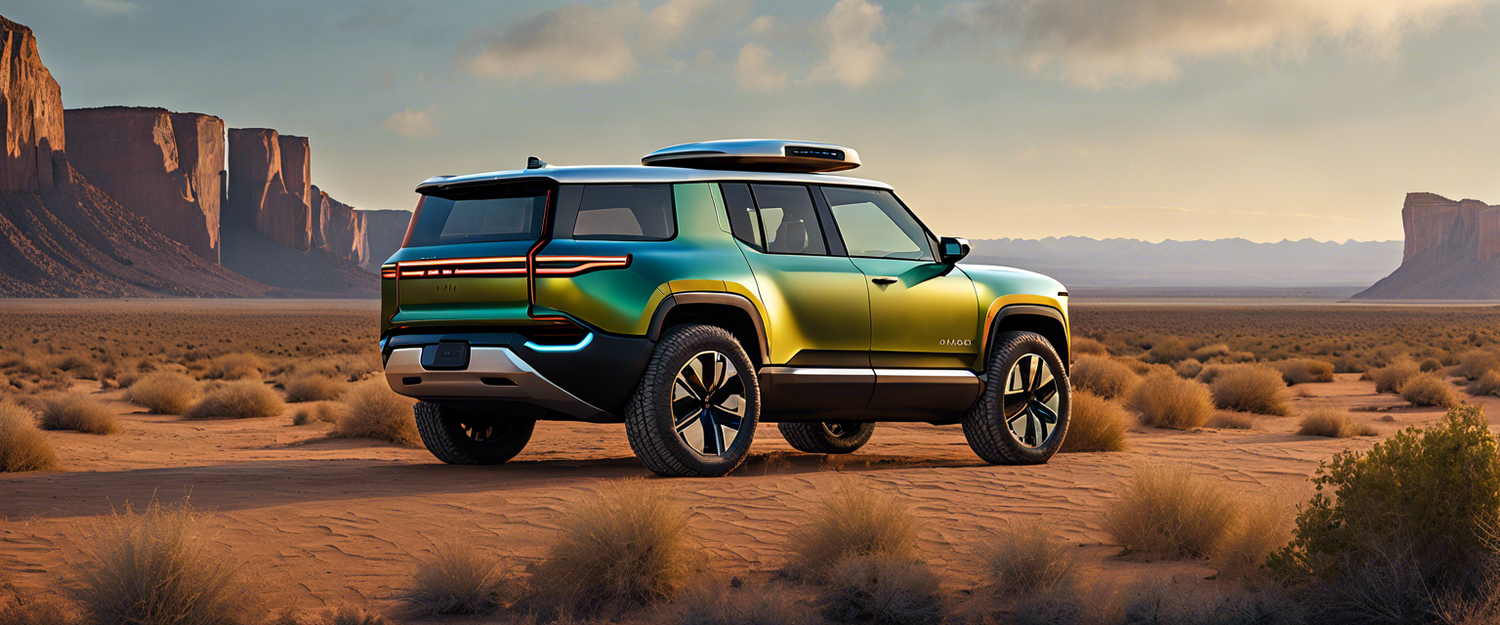Rivian Reduces Electric Vehicle Production Forecast Amid Supply Chain Challenges
Rivian Automotive, the electric vehicle (EV) manufacturer known for its innovative R1T and R1S models, has announced that it will produce fewer vehicles in 2023 than previously anticipated. This decision comes in response to significant parts shortages affecting the company’s production capabilities.
Latest Production Estimates
In its recent third quarter report, Rivian revealed that it expects to produce between 47,000 to 49,000 vehicles this year, a notable decrease from the earlier forecast of 57,000 vehicles. This new estimate marks a stagnation compared to last year’s production figures, wherein Rivian produced 57,232 vehicles and delivered 50,122.
Reasons Behind the Production Cut
The primary reason for this reduction in output is attributed to a shortage of a shared component used in both the R1T and R1S vehicles and the RCV platform. Rivian emphasized that this supply issue began impacting operations in the third quarter of this year and has intensified in recent weeks.
The Current State of the EV Industry
This announcement adds to a wave of challenges currently facing the electric vehicle sector, including higher interest rates, dwindling consumer demand, and unreliable charging infrastructure. Rivian's setback is reminiscent of struggles faced by other key players like Tesla, which recently reported missing its quarterly delivery targets.
Stock Performance
Following Rivian's announcement, the company's stock has taken a significant hit, declining by nearly 50 percent this year, with an additional 10 percent drop in premarket trading after the news broke.
Third Quarter Production and Delivery Numbers
Rivian reported producing 13,157 vehicles during the third quarter, alongside 10,018 vehicle deliveries. These figures were below the expectations of financial analysts, who had estimated production to be around 12,078 vehicles.
Future Plans and Cost Management
Looking forward, Rivian recognizes the urgent need to lower costs to ensure its survival in a competitive market. Plans to introduce a more affordable R2 model are slated for a 2026 release, followed by an even less expensive R3 vehicle. Furthermore, Rivian recently entered a joint venture with Volkswagen, through which the German automaker will gain access to Rivian’s advanced software and EV platform. In return, Volkswagen plans to invest $5 billion in Rivian.
Conclusion
Rivian’s current challenges underline the volatile nature of the electric vehicle market, showcasing not only the hurdles its production faces but also the broader economic factors influencing consumer demand. As the company adapts to these circumstances, its ability to innovate and manage costs effectively will be paramount to its future success in the EV landscape.



コメントを書く
全てのコメントは、掲載前にモデレートされます
このサイトはhCaptchaによって保護されており、hCaptchaプライバシーポリシーおよび利用規約が適用されます。